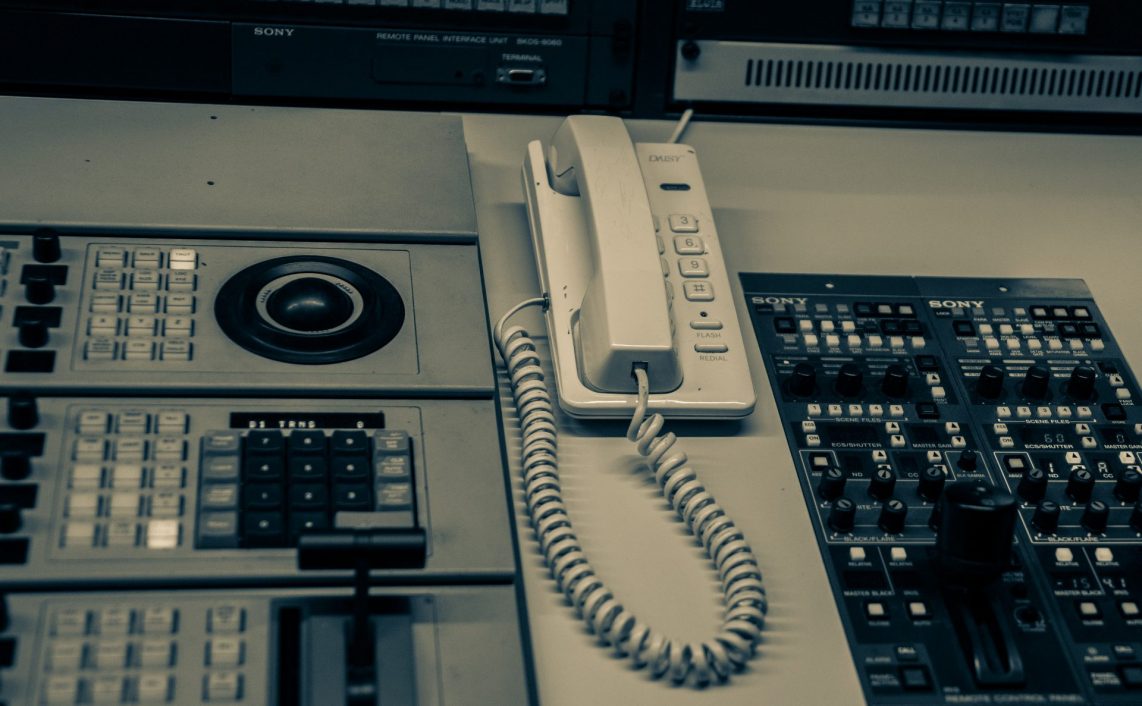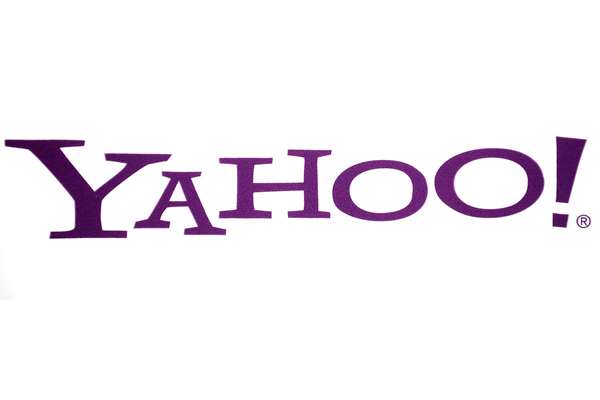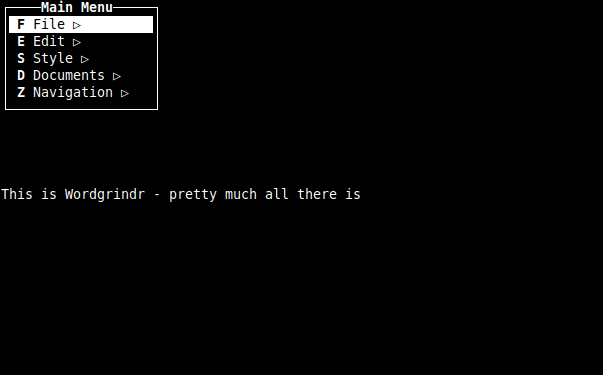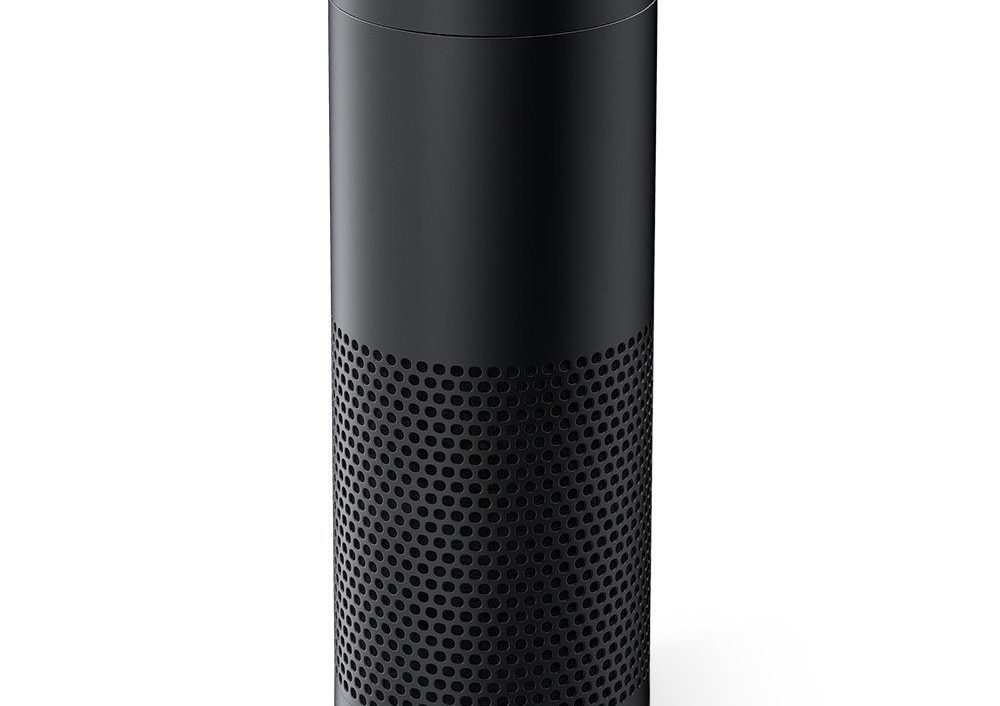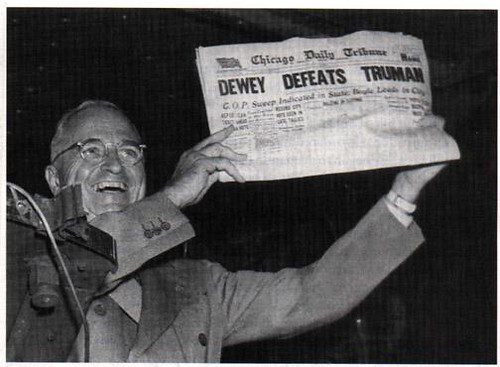
Picture from here
We hear time and time again about all the newspapers and magazines going out of business. How much longer will they survive in the same sense that we have seen during our lifetime? More importantly, how are we going to explain them? In one sense we can it would be easy to explain to them since we’ll still have them in libraries aging the perfect yellow gracefully, surviving on microfiche since the companies and libraries don’t seem too interested in digitally converting them, and being used as padding in boxes in the dark reaches of the attic. So there will be some visual styling and physical copies that they can examine. What was their purpose though?
We will explain to them it was to deliver news to the general public so they could be informed about the world around them. It was in the pre-digital era (which may as well be prehistoric to them) so these papers were printed out by the millions on a daily basis so there was communal knowledge shared amongst the populace. On Sunday we got full-colored comics to entertain the kids and full-color coupons to entertain the families. That we got our daily stock quotes from it. If we wanted to sell something in the town next to ours we used the classified system. If someone died we would be alerted.
Let’s look at this though – I’m thirty-two years old, so we are going to speak of this in the context of my lifetime. Why did we have newspapers, except because we didn’t want to read a chapter of a book? The news was piped into our lives via the nightly news on TV and all day via radio. It would have been simple for towns to start a local (by local I mean town level) radio station for news, classifieds, and obituaries. Most municipalities already do that though through the local cable company. I remember people buying “classified” ads on it. Obituaries were missing from that system. So what have we left, stock quotes and obituaries? This transition could have been done literally decades ago. How about an all-stock quote radio station?
Let’s look at some other aspects of this picture – in theory, most of us are evil human beings since we don’t utilize public transportation and drive our oil-guzzling vehicles around the country daily. What about all the trees and wilderness decimated by using the wood pulp to supply the newspapers (millions a day) for the little bit of news that we couldn’t get somewhere else? This was rampant going well into the age of recycling, if it wasn’t for the ubiquity of the Internet we would still be doing it today. What example does this set? We could have used hemp as paper since hemp is infinitely more renewable than wood pulp paper, but we didn’t. Some people didn’t like that idea and wanted to increase their own wealth. This is also not to forget all the oil trucks used for transporting, the coal and oil used to power these places that printed them.
The other thing I can see my child asking when he becomes aware is, doesn’t it give too much power to one entity? Some towns managed to have two newspapers that provided coverage for their area, but what we are stuck with is just two viewpoints. What if there was a story that neither wanted to print, in that era, it may well never have happened if it didn’t make TV, radio, or newsprint. History and stories have been lost for decades since the story wouldn’t get more readers, so these companies could not sell more advertising. Then I would also have to explain the theory of Yellow Journalism.
Now I’m sure in the age of digital living that these children and grandchildren will understand advertising sponsorship to the news. What they will have a harder time with is news that was set typographically so that it couldn’t be manipulated. A system where you had to buy the paper just to know the news (a news tax as such). A system where if you wanted to sell something you were lucky if you had an audience within a fifty-mile radius. That we gave control of so much to so few and enjoyed it…. That we were so wasteful in our resources, when looking back it was just pure gluttony. I’m not sure how they will ever understand.
I can say I used to wrestle the comics from my grandfather as he read the paper so I could enjoy them, and that is a fond family memory. I can’t say looking back that even I understood their purpose. This story is coming from someone who was a newspaper boy, yet has never had a newspaper subscription in his life.
